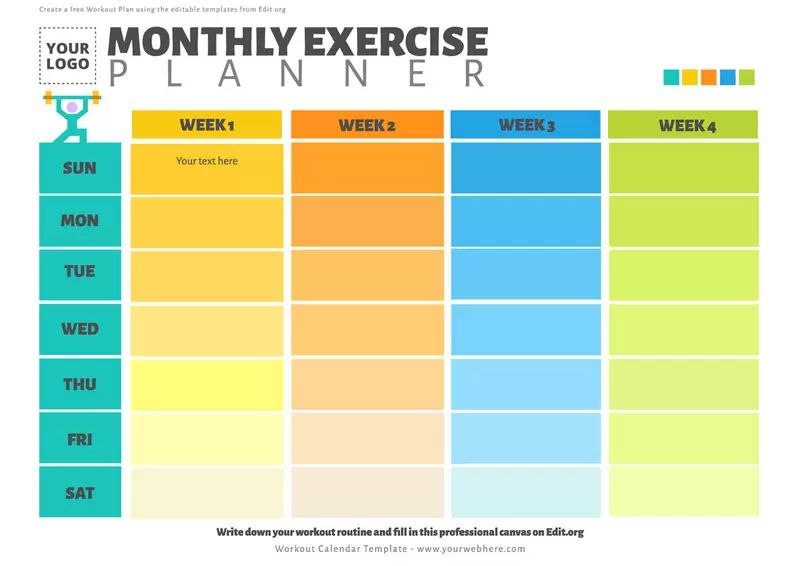Intermittent fasting is an eating pattern that cycles between periods of fasting and eating. It doesn’t specify which foods you should eat but rather when you should eat them. It has gained popularity in recent years as a way to improve health, lose weight, and simplify eating patterns.
Types of Intermittent Fasting
There are several different methods of intermittent fasting, including:
16/8 method: This involves fasting for 16 hours each day and eating all your meals within an 8-hour window.
5:2 diet: This involves eating normally for five days a week and restricting calorie intake on the other two days.
Alternate-day fasting: This involves fasting every other day, either by not eating at all or by limiting calorie intake to 500 calories.
Benefits of Intermittent Fasting
Intermittent fasting has been shown to have several health benefits, including:
Weight loss and fat loss
Improved blood sugar control
Reduced inflammation
Improved heart health
Improved brain health
Getting Started with Intermittent Fasting
If you’re new to intermittent fasting, here are some tips to help you get started:
Choose a method: Decide which method of intermittent fasting works best for your lifestyle and goals.
Start slowly: If you’re new to fasting, consider starting with a shorter fasting period and gradually increasing it as you become more comfortable.
Stay hydrated: Drink plenty of water during fasting periods to stay hydrated and curb hunger.
Eat nutrient-dense foods: Focus on eating whole, nutrient-dense foods during eating windows to support your health and energy levels.
Listen to your body: Pay attention to how intermittent fasting makes you feel and adjust your approach as needed.
Is Intermittent Fasting Right for You?
Intermittent fasting is not suitable for everyone, especially those with certain medical conditions or who are pregnant or breastfeeding. If you’re unsure whether intermittent fasting is right for you, it’s best to consult with a healthcare provider before giving it a try.
Intermittent fasting can be a powerful tool for improving health and reaching weight loss goals, but it’s important to approach it mindfully and listen to your body’s signals. With the right approach, intermittent fasting can be a sustainable and effective way to support your overall well-being.

